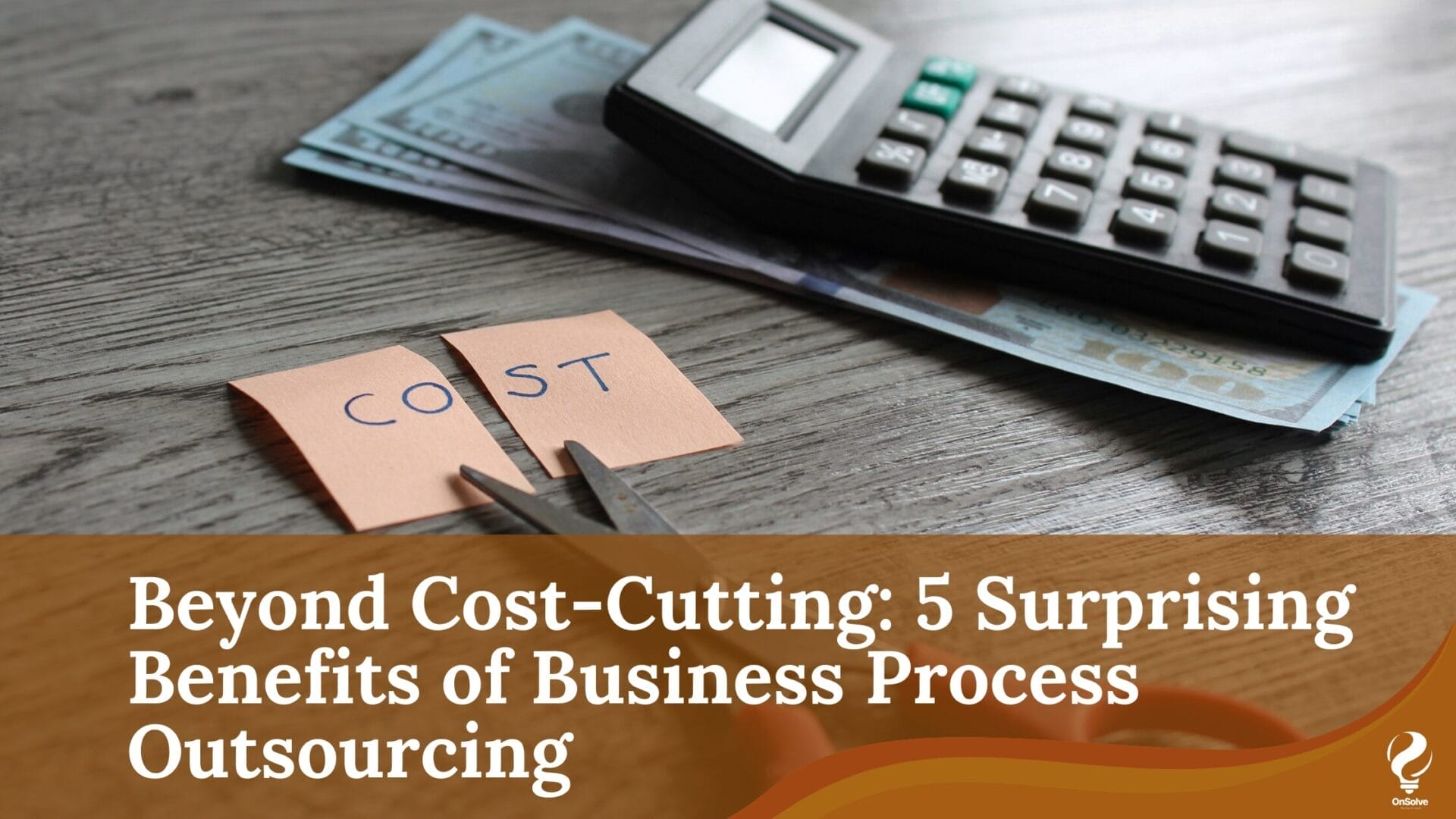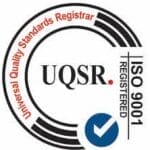Tax planning is a vital part of running a successful business. It’s not just about reducing your tax bill- it’s about making smarter financial decisions, improving cash flow, and preparing your business for the future. Based on the latest expert advice and regulatory updates, here’s a practical guide to tax planning strategies every business owner should know.
Why Tax Planning Matters
Effective tax planning goes beyond compliance. It helps you:
- Improve year-round cash flow by anticipating liabilities and spreading payments
- Avoid unexpected tax bills that can disrupt your operations
- Make more confident, informed financial decisions for your business’s growth.
Tax planning should be a continuous process, not a last-minute scramble at the end of the financial year. Regular reviews and proactive strategies are key to staying ahead.
Know What You Can Claim
Understanding your business deductions is essential for minimizing taxable income:
- Office supplies, software, and subscriptions
- Business travel and marketing costs
- Equipment purchases
Keep detailed and organized records to support your claims. Systematic documentation and regular financial reviews help you spot eligible deductions and avoid missing out on savings.
Contribute to Superannuation Early
Making superannuation contributions before 30 June can reduce your taxable income:
- Employee super contributions are deductible for businesses
- Personal super contributions (if eligible) can also be claimed
Early contributions are a tax-smart move and support long-term financial security for you and your employees.
Review Your Business Structure
Your business structure- whether sole trader, company, partnership, or trust- directly affects your tax obligations and opportunities:
- Review annually to ensure your structure still aligns with your goals
- Consider if a different setup could offer better tax efficiency or flexibility
Consulting with a tax professional can help you determine if your current structure is still optimal for your business’s needs and the latest regulations.
Prepay Business Expenses
You may be able to claim deductions this year for certain prepaid costs, such as:
- Rent
- Business insurance
- Annual subscriptions
Claiming eligible prepaid expenses can lower your taxable income in the current year. Be sure to check which expenses qualify and keep accurate records.
Write Off Bad Debts
If you have genuinely unrecoverable debts:
- Ensure the amount was previously included in your income
- Write it off in your accounts before 30 June
- Keep records of your recovery efforts
Writing off bad debts, when done correctly, can legally reduce your taxable income and help clean up your balance sheet.
Instant Asset Write-Off
Small businesses (with turnover under $10 million) may be eligible to immediately deduct the cost of new business assets under the instant asset write-off scheme:
- Applies to tools, technology, machinery, and office equipment
- For 2025, assets costing up to $20,000 and installed by 30 June 2025 are eligible
Eligibility criteria and thresholds can change, so always consult with your accountant to confirm what your business can claim.
Work with a Professional
A registered tax agent or accountant can help you:
- Identify potential savings and deductions tailored to your business
- Stay compliant with evolving ATO regulations and reporting requirements
- Avoid costly mistakes and penalties
Expert advice provides peace of mind and ensures your tax planning is both effective and compliant.
Final Tip: Start Early
Tax planning is a year-round task, not a last-minute chore. The best results come from regular reviews, staying informed about legislative changes, and working proactively with your advisors.
Citations:
- Mastering Tax Planning for Small Businesses and Entrepreneurs
- Tax planning: More than compliance – BDO
- Tax Planning in 2025 for Australian Business: What You Need to Know Before 30 June – Accountants 2 Business
- Top 8 Tax Planning Strategies for Small Businesses
- Instant asset write-off for eligible businesses | Australian Taxation Office








